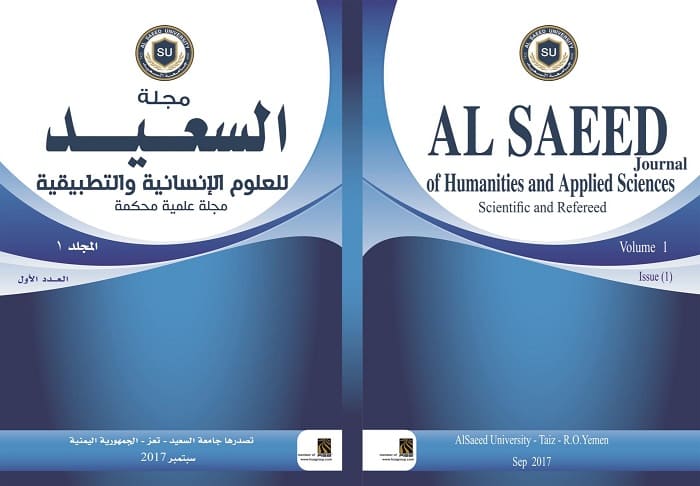The legality of unequal agreements in international law
DOI:
https://doi.org/10.59325/sjhas.v1i1.27Keywords:
International Law - Asymmetrical International ConventionsAbstract
The aim of this study is to clarify the concept of unequal conventions from the perspective of the Vienna Convention on the Law of Treaties of 1969, to highlight their characteristics, what distinguishes them from other conventions, to analyze a number of them, to know the extent to which the element of inequality of rights and obligations among the parties has been achieved, and the implications of the international practice when a number of States adhere to these rules in the termination and amendment of such agreements, in addition to the issuance of recommendations and proposals to explain how to terminate and amend the unequal agreements, whether by legal means or confirmed International practice. The researcher adopted the analytical approach and the comparative approach in the study of the relevant literature, and the study reached a number of results, The term international conventions asymmetrical in the ideas of jurisprudence of conventional international law and confirmed this important view in the era of the League of Nations and the shares of Soviet jurisprudence and the United Nations and international expertise in the consolidation of the principles of the theory of unequal agreements. Jurisprudence and international law require that inequality be linked to one of the defects of will derived from domestic law, with the development of it in a way that suits international relations. The non-equality of conventions leads to its invalidity before international and domestic courts and does not entail any legal effects. The Vienna Convention affirmed that the treaty would be annulled if it was subjected to physical or moral coercion. The international judiciary has affirmed the theory of unequal agreements, whether in peace, peace or border agreements. The gas agreement signed by Yemen with foreign companies is an unequal agreement. Yemen has the right to demand that it be amended internally before the national and international courts before the arbitral tribunals.
Downloads
Published
How to Cite
Issue
Section
License
copyright is retained by the authors. Articles are licensed under an open access Creative Commons CC BY 4.0 license, meaning that anyone may download and read the paper for free. In addition, the article may be reused and quoted provided that the original published version is cited. These conditions allow for maximum use and exposure of the work.



